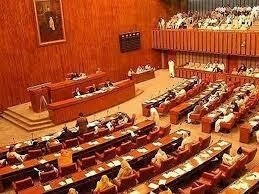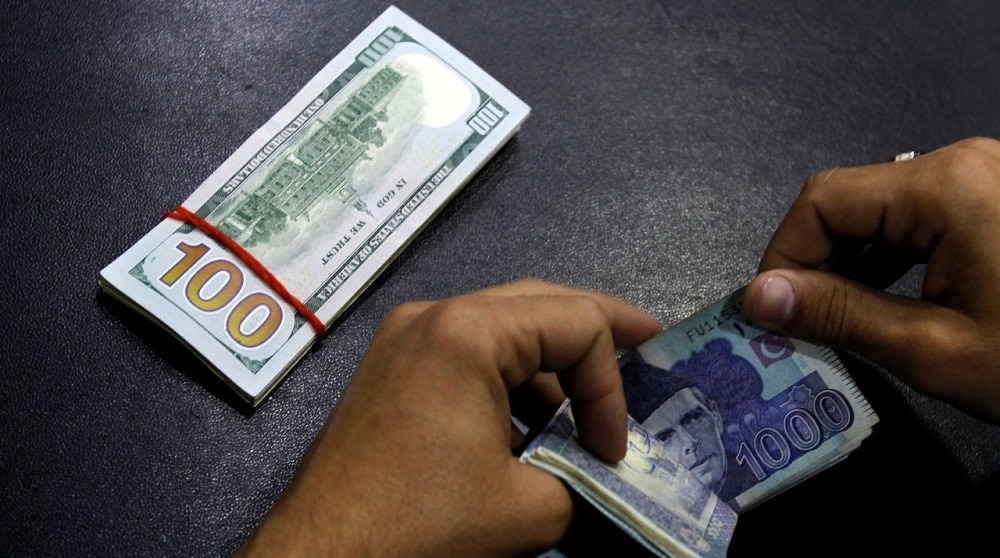The ongoing dispute between the Federal Board of Revenue (FBR) and Pakistan’s traders has escalated, leading to a nationwide strike on August 28. Despite the FBR’s assurances to amend the controversial “Tajir Dost Scheme,” traders, supported by political parties like Jamiat Ulema-e-Islam Fazal (JUI-F), Jamaat-e-Islami (JI), and Pakistan Tehreek-e-Insaf (PTI), have decided to proceed with the strike.
On Tuesday, the FBR made it clear that the Tajir Dost Scheme would be implemented regardless of the ongoing protests. The tax authority emphasized that traders must register and pay their due taxes as part of the national revenue collection effort. FBR officials reiterated that strikes and shutdowns would not deter the implementation of the scheme, which aims to bring traders into the tax net.
The FBR had previously extended an olive branch, inviting traders to discuss their concerns and reach a compromise. However, key figures in the traders’ community, including Kashif Chaudhary, the leader of the Central Traders Association (CTA), and Ajmal Baloch, President of the All Pakistan Anjuman-i-Tajran, declined to attend the meeting.
Following a meeting with selected trader representatives at FBR Headquarters on Tuesday, Naeem Mir, the Chief Coordinator of the Tajir Dost Scheme, announced that the FBR had agreed to amend the scheme in response to traders’ recommendations. The FBR is willing to adjust the monthly advance tax rates and other related issues to make the scheme more palatable for traders.
While the FBR has shown flexibility in adjusting tax rates and amending relevant regulations, the agency remains firm that the scheme itself will not be withdrawn. The FBR Chairman emphasized that the traders must contribute their fair share to the national treasury, but the specifics of the tax amounts and other details remain negotiable.
One significant amendment under consideration is the introduction of a simplified income tax form in Urdu, aimed at making the process more accessible for traders. Additionally, the FBR is expected to exempt small traders from certain taxes and adjust the tax rates for businesses with an annual turnover of Rs100 million or less.
Despite these concessions, the traders’ community remains steadfast in its opposition to the Tajir Dost Scheme. Kashif Chaudhary expressed frustration with the FBR’s attempts at consultation, stating that previous discussions had failed to yield positive outcomes. He labeled the scheme “unworkable” and called for its immediate withdrawal. Chaudhary also highlighted the imposition of a Rs60,000 monthly tax on shops, which he described as oppressive, and warned that traders would resist any FBR attempts to enforce the scheme in markets.
The Central Organization of Traders and the All Pakistan Anjuman-e-Tajiran have united in their call for a countrywide shutter-down strike. The protest is not limited to tax-related grievances but also includes objections to high electricity bills and the agreements with Independent Power Producers (IPPs) that have resulted in exorbitant payments. Chaudhary argued that these financial burdens were unsustainable for both individuals and businesses.
Ajmal Baloch, another prominent trader leader, echoed these sentiments. He criticized the government’s focus on increasing taxes and utility tariffs, which he argued had led to economic hardship and even suicides due to high electricity bills. Baloch condemned the ruling class for maintaining its luxurious lifestyle while imposing financial hardships on the general public.
The traders’ strike has garnered significant political support, with major parties like JUI-F, JI, and PTI lending their backing to the movement. This political alliance has amplified the traders’ demands, making it a nationwide issue that the government cannot easily ignore.
The strike is expected to be observed across Pakistan, including major cities such as Karachi, Lahore, Islamabad, Peshawar, and Quetta. The unity among traders and their political allies reflects the deep dissatisfaction with the government’s economic policies and its failure to address the concerns of small businesses.




